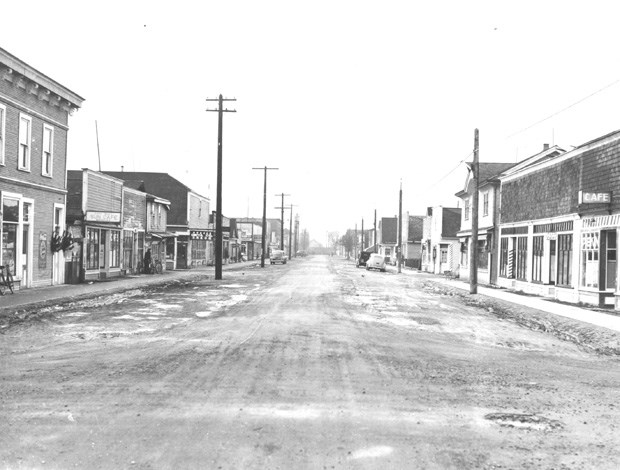When more than 2,000 Japanese-Canadians were ordered from their homes in Steveston, they left with a hole in their hearts and inflicted a gaping wound on the local economy.
Within hours of the last person of Japanese descent departing the previously booming fishing village on April 1, 1942, Steveston was rendered a ghost town.
Before internment, there were 62 recognized businesses in the village; 47 of which were owned and operated by the Japanese, 14 were Caucasian and one Chinese.
By April 2, Steveston - with 80 per cent of its population gone - was totally devoid of Japanese, leaving behind a skeletal business community including a meat market, Bill's Barbers, BC Electricity Company, BC Telephone and Steveston Bakery.
Gone were a plethora of general stores, confection stores, grocery stores, hardware, tailors, drug stores, shoe repair and real estate.
"These places were the heart of Steveston; the heart of the community was lost," said Bill McNulty, veteran City of Richmond councillor, local historian and author of Steveston: A Community History.
"These places were the meat and potatoes and it also meant people didn't bother coming to Steveston from outside of the village to shop."
Articles and adverts ran in the local newspaper every week for four years, urging people to be loyal to Steveston.
"The loss to the fishing industry in Steveston was obviously devastating," said McNulty. "Of the 1,137 vessels confiscated, about 75 per cent of them belonged to Steveston-based fishermen.
"They were the economy of the village and they weren't around anymore."
From his research, McNulty feels Steveston never fully recovered from the internment.
"I think it picked up slightly into the mid and late '40s, but it was never the same," he said.
"Steveston was the centre of all things in Richmond for many years, and I don't think it ever really recovered to where it once was."



